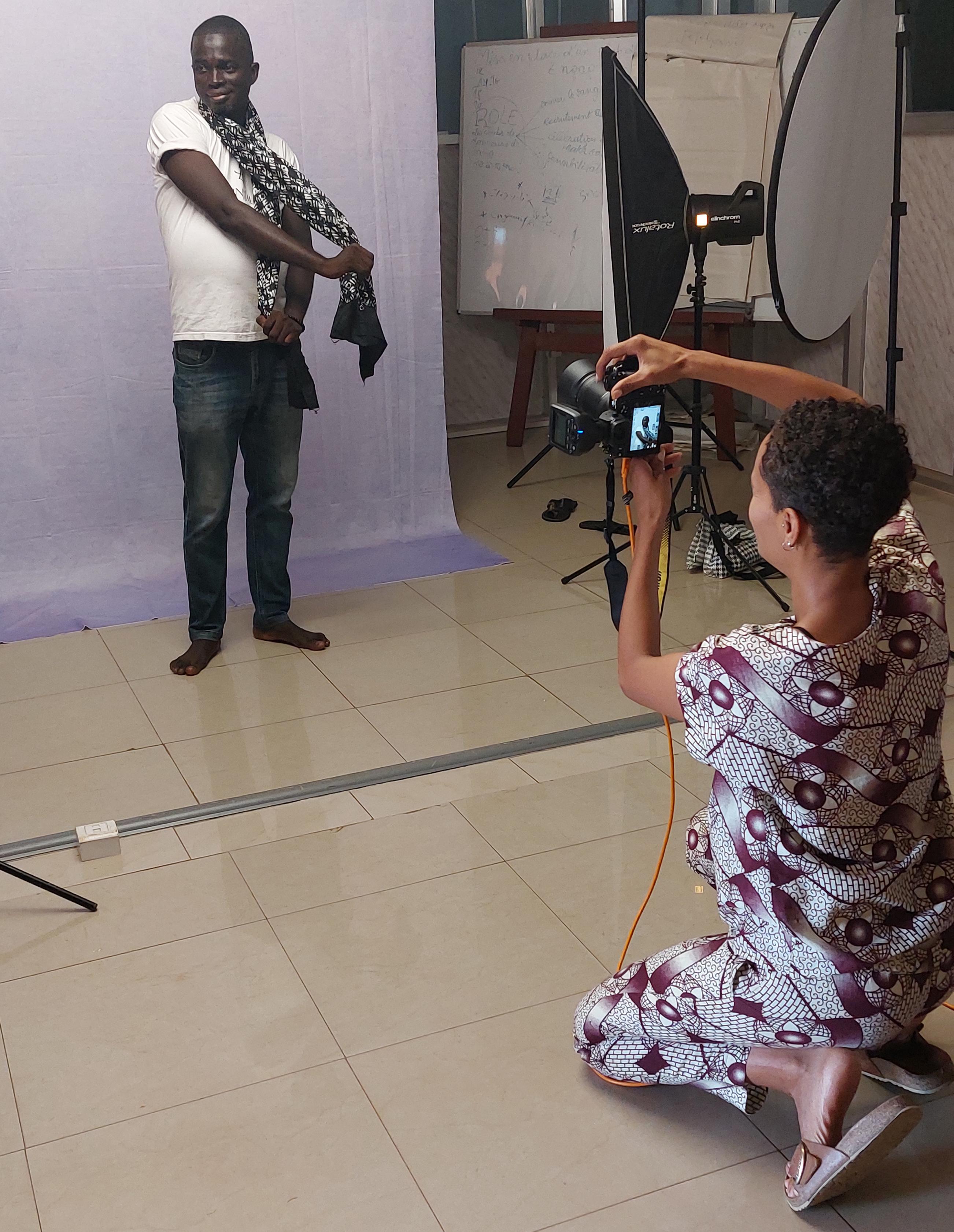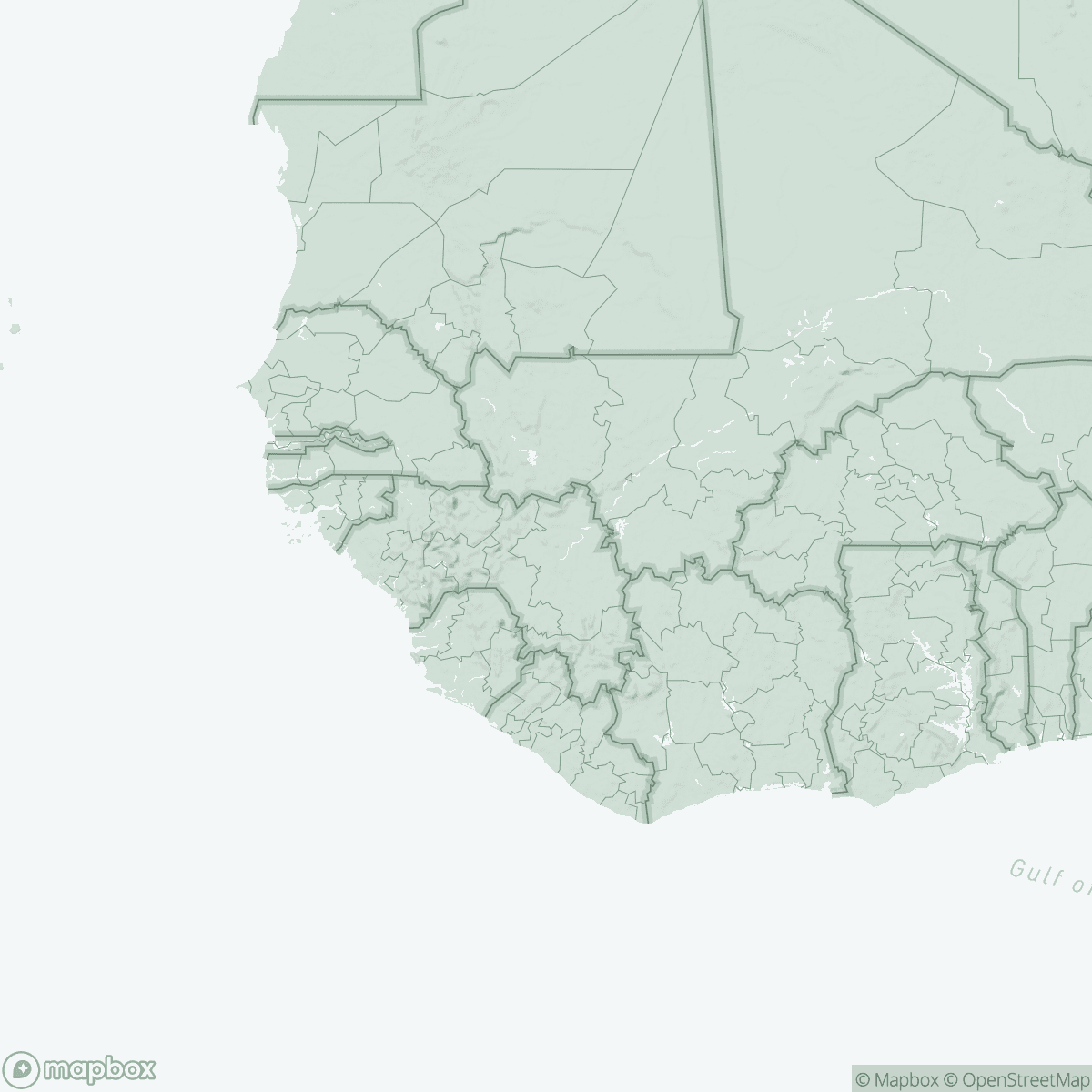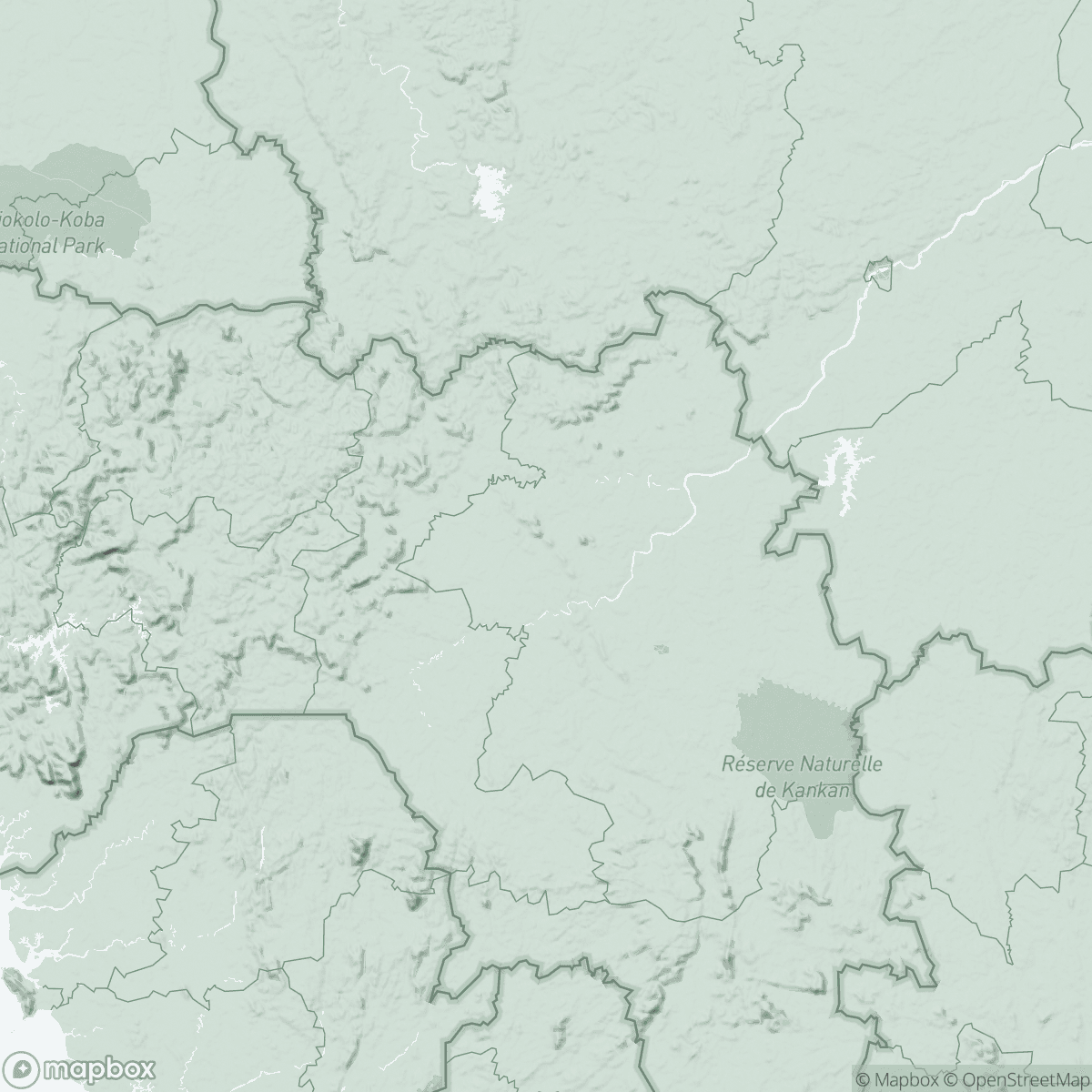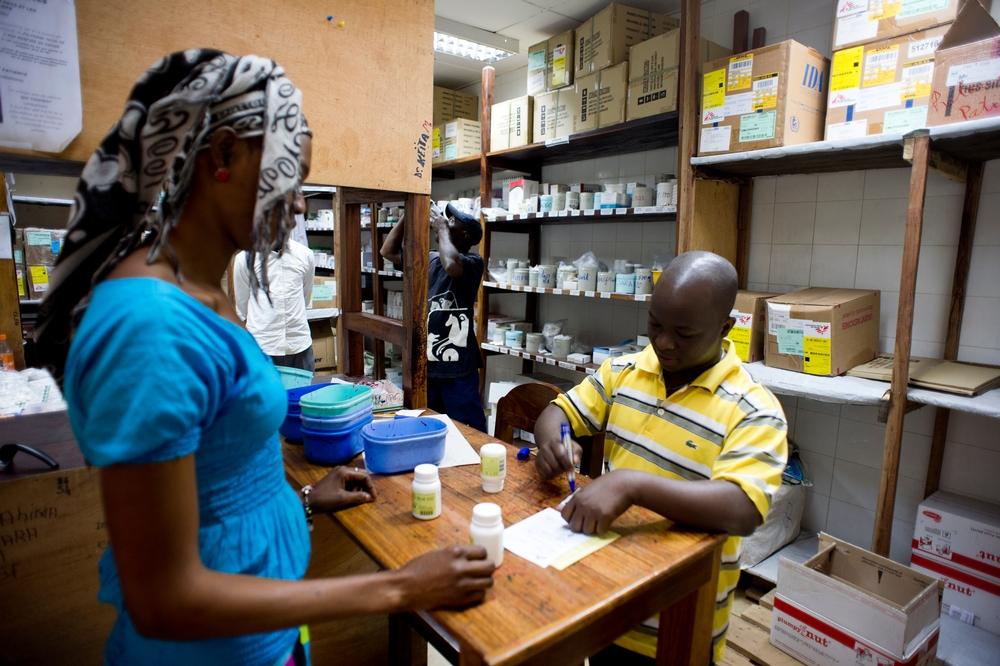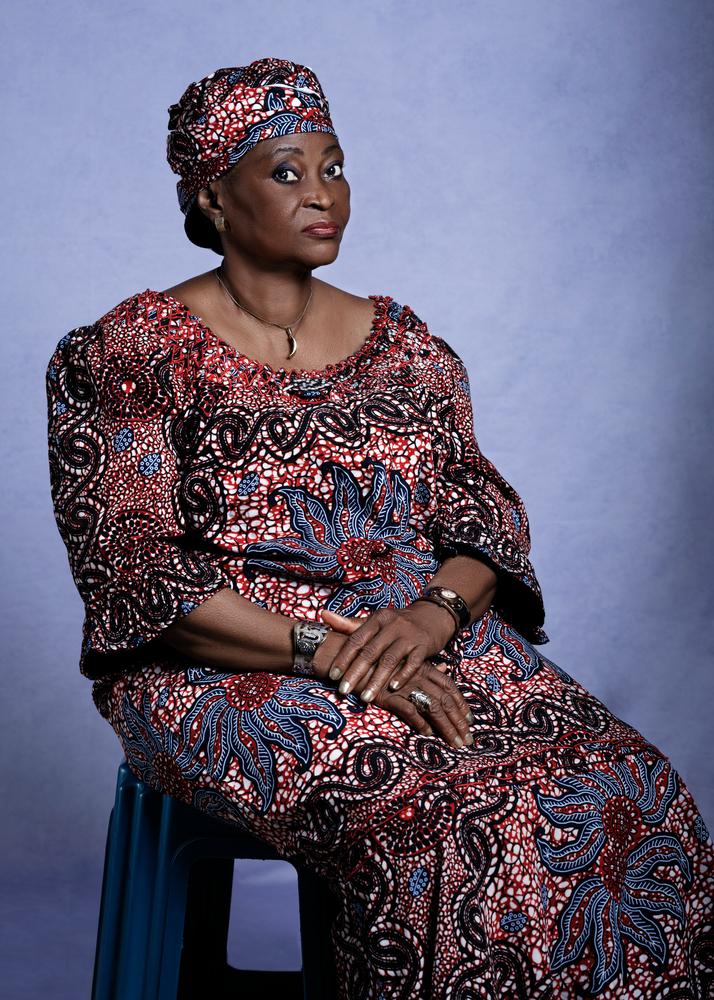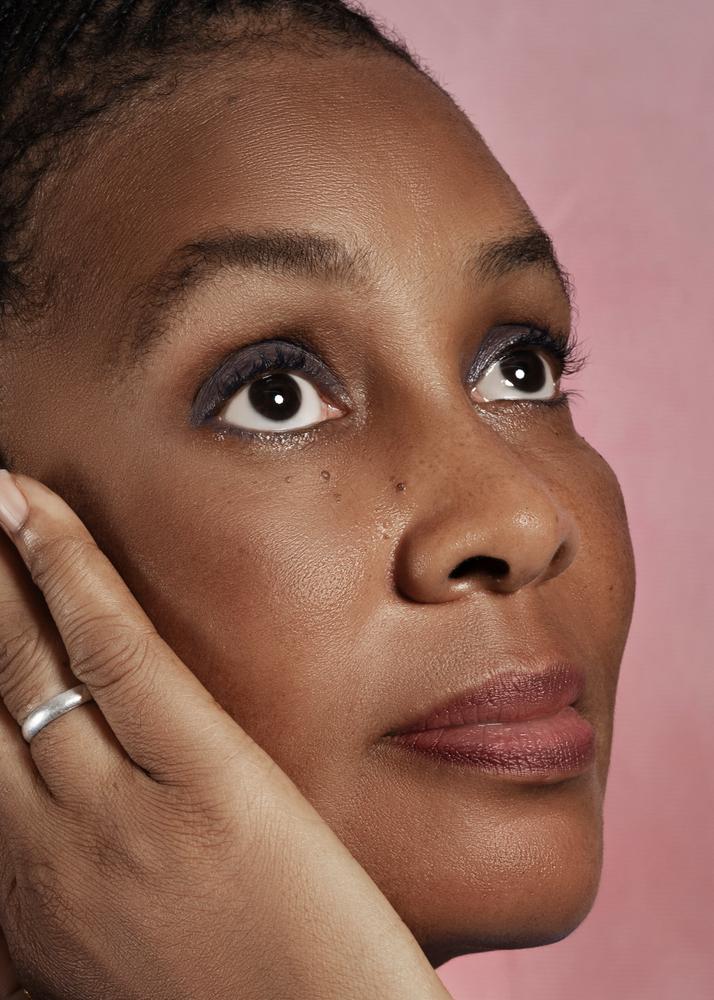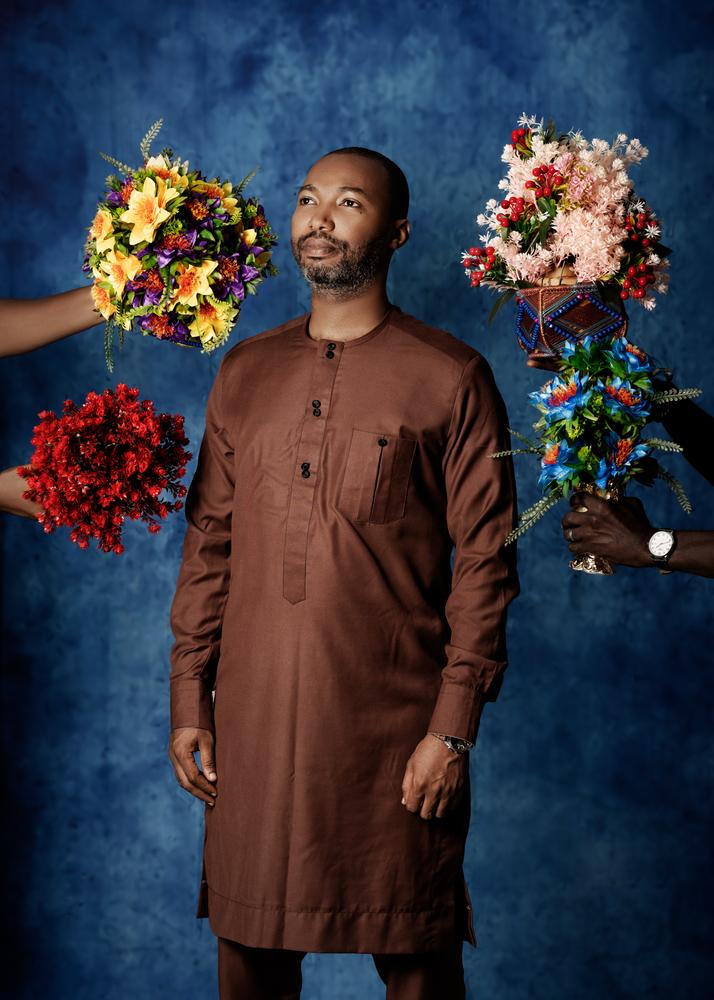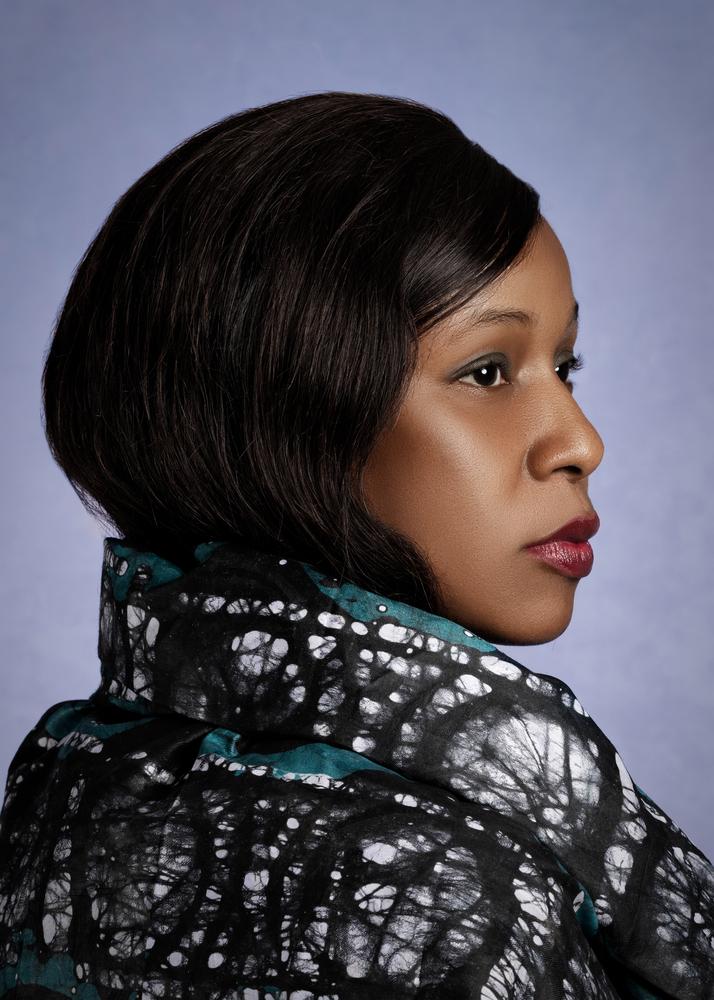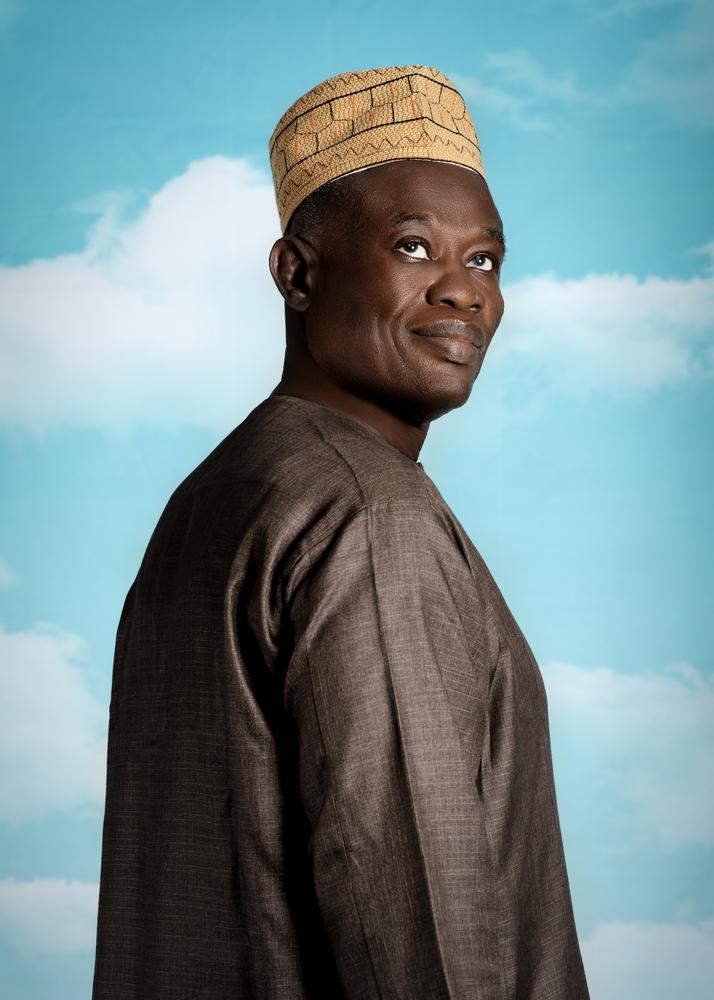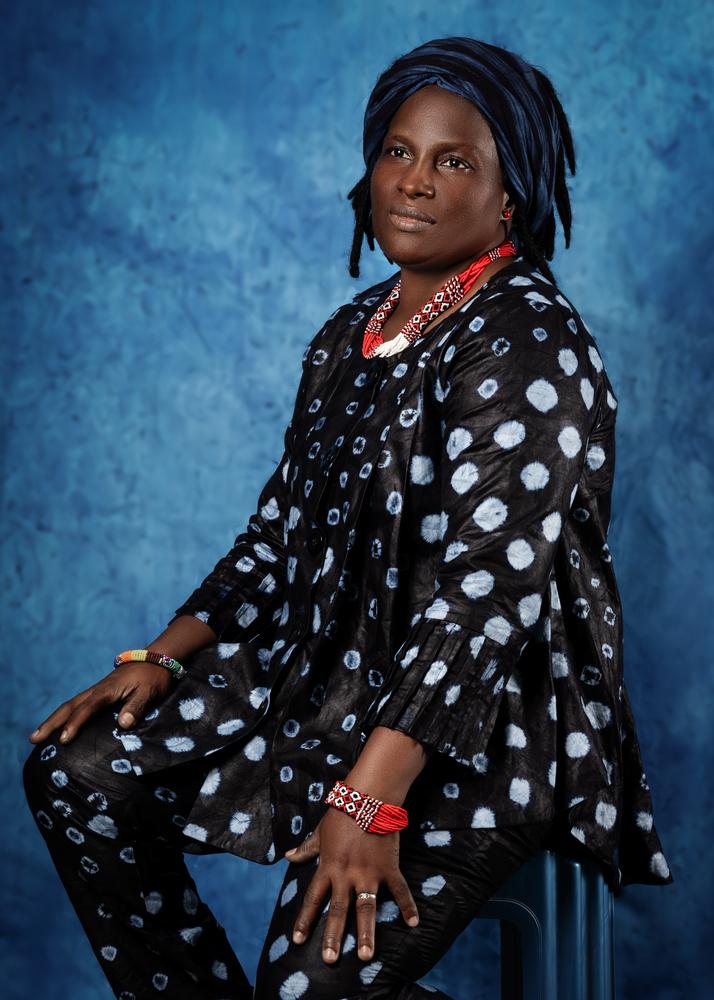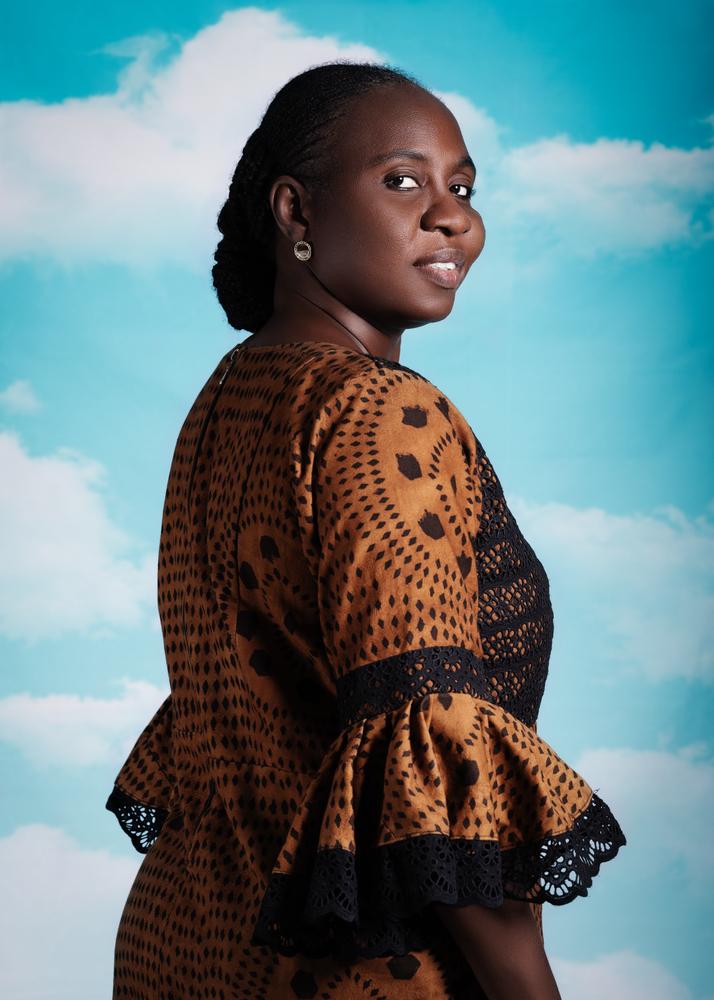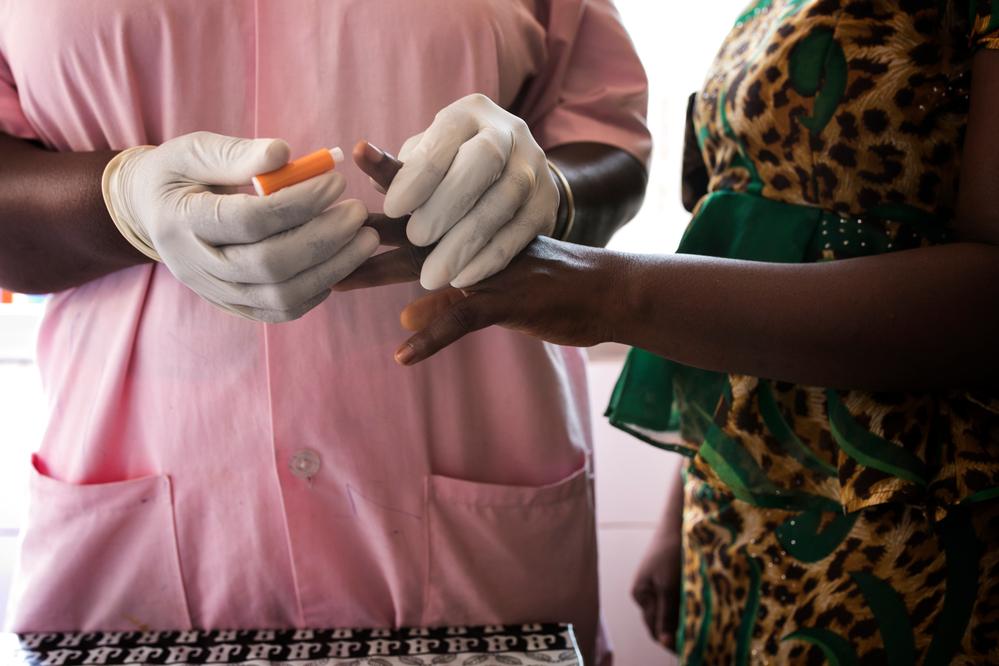
Guinea: Progress Made in HIV Care but Major Challenges Remain
In 1 click, help us spread this information :
- As part of World AIDS Day on 1 December, Médecins Sans Frontières (MSF) is highlighting its project in Conakry, which is celebrating its 20th anniversary this year.
- To mark the occasion, Nicolas De Meis, member of MSF Luxembourg's Communications and Fundraising department, travelled to Conakry from 18 September to 02 October, accompanied by artistic photographer Namsa Leuba, to record the testimonies and portraits of those involved in the project over the past 20 years.
In 2003, Guinea was not an obvious choice of location to open an HIV/AIDS project. In contrast to countries in the epicentre of the pandemic, like those in Southern Africa, where up to one in four adults were living with HIV, just 1.7% of Guineans were HIV-positive. This low prevalence meant that HIV/AIDS treatment and care was not prioritised among people’s other health needs, and as a result, access to treatment was limited.
“It was the early 2000s, I was sick all the time, I saw lots of doctors but no one could tell me what was afflicting me,” recalls Maïmouna Diallo, known as Mouna, who now works with MSF as a community focal point.
My older brother, who lived in Europe, helped me financially and took me to England to get tested. Although I couldn’t understand what they were saying, I understood it was serious.”
Despite being stigmatised by some members of her family, Mouna was supported by her family and specially her brother, who paid for her to get antiretroviral (ARV) medications from abroad. “He said he would help me no matter what, even if he had to sell his house,” she says.
Due to the cost and the difficulty of getting hold of ARVs, some patients went on and off treatment and, as a result, developed resistance to the first-line medications, making it even more difficult to find an effective treatment regimen.
In 2004, MSF became the first organisation to provide ARVs free of charge for HIV patients in Guinea, three years before they were made available for free countrywide.
Today, MSF provides care for 16,425 HIV patients, which represents 20% of the 86,000 patients on treatment countrywide.
Innovative models of care
With ARV treatment, HIV becomes a manageable, chronic condition, allowing one to live a long and healthy life. But this is only the case if patients take their ARV treatment every day without fail. This can be more difficult than it sounds, especially when it requires a monthly visit to the doctor in a country with few health professionals. To address the issue, MSF teams in Guinea developed the ‘six-month appointment programme’ (known as ‘R6M’) whereby clinically stable patients receive enough supplies of ARVs to last for six months, instead of just one, thereby cutting the time, costs and travel needed to access treatment, and allowing patients greater autonomy in managing their condition.
This initiative proved successful: in 2022, 92% of patients enrolled in MSF’s R6M programme were still enrolled in care after 12 months, compared to 61% of people in the regular programme. In the same spirit, MSF brought into Guinea other successful, simplified models of care, developed elsewhere, that allowed patient treatment to be decentralised and taken closer to the community. This included the ARV treatment distribution points (PODIs), first piloted by MSF in Democratic Republic of Congo in 2010 and introduced in Guinea in 2020.
Implications for the community
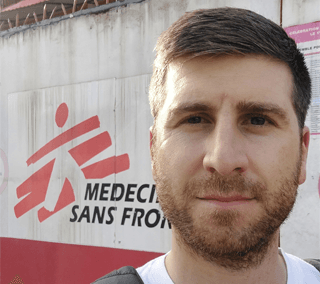
MSF runs the only treatment unit in the country for patients at an advanced stage of the disease. I was able to see the progress that has been made in two decades in terms of treatment and care for HIV patients, but also in terms of raising awareness, which is still a major issue in Guinea. Despite the positive developments, there are still questions to be answered, in particular whether the state will one day be able to offer the same quality of care that MSF currently provides.

MSF gére la seule unité de soin du pays pour les patients à un stade avancé de la maladie. J’ai pu découvrir les progrès qui ont été fait en deux décennies au niveau des traitements, de la prise en charge des patients atteint du VIH, mais aussi au niveau de la sensibilisation qui reste encore un enjeu important en Guinée.
Malgré les évolutions positives, des questions subsistent encore, notamment celle de savoir si l’Etat pourra un jour offrir la même qualité de soin que MSF offre actuellement. », explique Nicolas de Meis, membre du département communication et fundraising de MSF Luxembourg.
« Au-delà de ça, c’était vraiment intéressant pour moi de voir le travail des équipes ‘de l’autre côté du miroir’, sur le terrain, moi dont le quotidien est plutôt de relayer les informations qui en viennent, cette fois, j’étais à l’initiative », conclut Nicolas de Meis.
Apart from that, it was really interesting for me to see the work of the teams 'on the other side', in the field. My day-to-day job is more to relay the information that comes in, but this time I was the one to take the initiative", concludes Nicolas de Meis.
Major gaps remain
Twenty years on, despite the innovations and the progress in HIV care in Guinea, challenges remain in terms of prevention, testing, treatment and funding.
Today, not all health facilities in Guinea offer free complete care for HIV patients. Due to financial barriers and stigma many patients still arrive at the MSF supported HIV unit at Donka hospital in the advanced stages of the disease. There are recurrent stock-outs of ARVs and a sometimes-faulty supply chain. In addition, many health professionals are not sufficiently trained in the management of HIV and comorbidities.
Children, in particularly, face problems accessing testing and treatment for HIV.
Today, 11,000 children aged 0-14 are living with HIV, and only 3,612 of them are on treatment.
HIV/AIDS in Guinea Conakry: vivid portraits produced by Namsa Leuba
Ce que je cherche dans ces cas-là c’est de capter leur beauté intérieure, qu’ils dévoilent devant l’objectif un fragment de leur âme. C’était également ma démarche sur ce projet ; sauf qu’ici je n’ai pas choisi mes modèles, c’était des volontaires, employés ou partenaires de Médecins Sans Frontières. Au fur et à mesure des quatre jours de shoot on a appris à se connaître, à se faire confiance. L’atmosphère était détendue, conviviale, il y avait toujours quelques personnes qui restent assister aux séances de shooting. Mais on ne peut pas se livrer devant des collègues ! Il a fallu créer de l’intimité, de la confiance. Mon rôle était de les guider. Je leur disais « je veux que tu te sentes belle, comme une reine. Montre-moi ». Et, peu à peu, leur lumière intérieure rejaillissait." Namsa Leuba, photographe.
